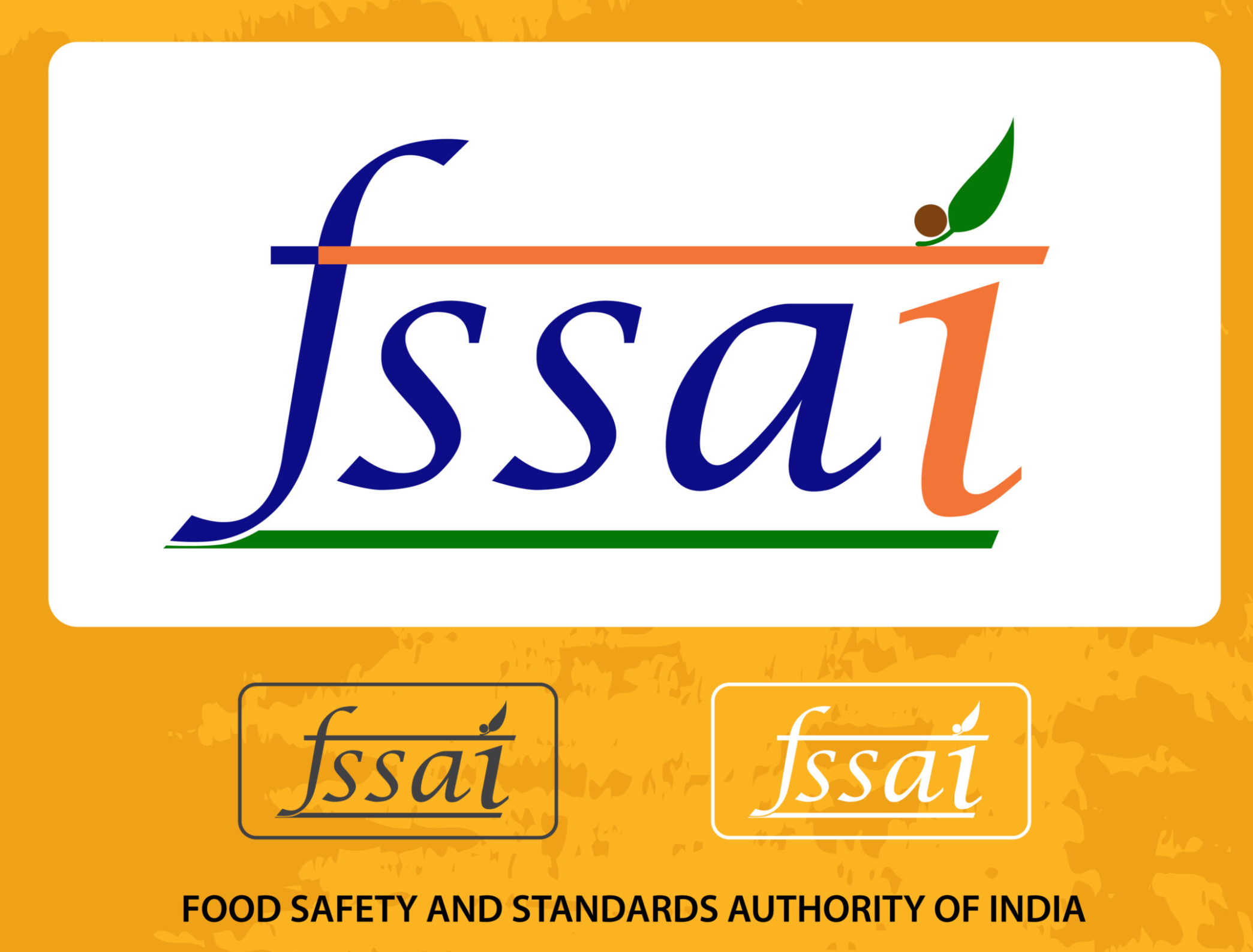Food Safety and Standards Authority of India (FSSAI)
The Food Safety and Standards Authority of India (FSSAI) is an autonomous statutory body established under the Food Safety and Standards Act, 2006. It is responsible for laying down scientific standards for food products and regulating their manufacturing, storage, distribution, sale, and import to ensure the availability of safe and wholesome food for consumers in India. FSSAI plays a crucial role in protecting public health by setting standards and implementing regulations that govern the food industry.
History and Establishment
FSSAI was established on August 23, 2011, to consolidate various food laws and regulations that were previously managed by multiple authorities. Its creation marked a significant step towards streamlining the food regulatory system in India and ensuring uniformity in food safety standards.
Key Objectives and Functions
The primary objectives and functions of FSSAI include:
- Setting Food Standards: FSSAI lays down science-based standards for various food products, ensuring their safety, quality, and nutritional value. These standards cover a wide range of products, including processed foods, dairy products, fruits and vegetables, meat, and beverages.
- Licensing and Registration: FSSAI regulates and licenses food businesses operating in India, including manufacturers, distributors, retailers, and food importers. It ensures that food businesses comply with the prescribed safety and hygiene standards.
- Food Safety Surveillance: FSSAI conducts regular food safety inspections and surveillance to monitor compliance with safety standards and to detect and address food safety issues promptly.
- Consumer Awareness and Education: FSSAI promotes consumer awareness and education about food safety and healthy eating practices through various initiatives and campaigns.
- Imported Food Regulation: FSSAI regulates the import of food products to ensure that imported foods meet the required safety and quality standards before they are allowed into the Indian market.
- Food Labelling and Packaging: FSSAI mandates clear and informative labelling of food products, including nutritional information, allergen declarations, and expiry dates, to help consumers make informed choices.
Notable Initiatives by FSSAI
FSSAI has undertaken several initiatives to improve food safety in India, including:
- Food Safety and Hygiene Ratings: FSSAI introduced a Food Safety and Hygiene Rating Scheme, known as “Eat Right India,” to encourage food businesses to maintain high standards of hygiene and food safety.
- Food Fortification: FSSAI has promoted the fortification of certain essential nutrients like iron, iodine, and vitamin A in various staple foods to combat malnutrition.
- Trans Fat Elimination: FSSAI has taken steps to eliminate industrially produced trans fats from food products to reduce the risk of non-communicable diseases.
The Food Safety and Standards Authority of India (FSSAI) plays a crucial role in safeguarding public health by ensuring the availability of safe and wholesome food for consumers. Through its standards, regulations, and initiatives, FSSAI contributes to the overall well-being of the nation by promoting healthy eating practices and preventing foodborne illnesses. As India’s food industry continues to evolve, FSSAI’s efforts in maintaining high food safety standards remain essential for the health and confidence of consumers across the country.


